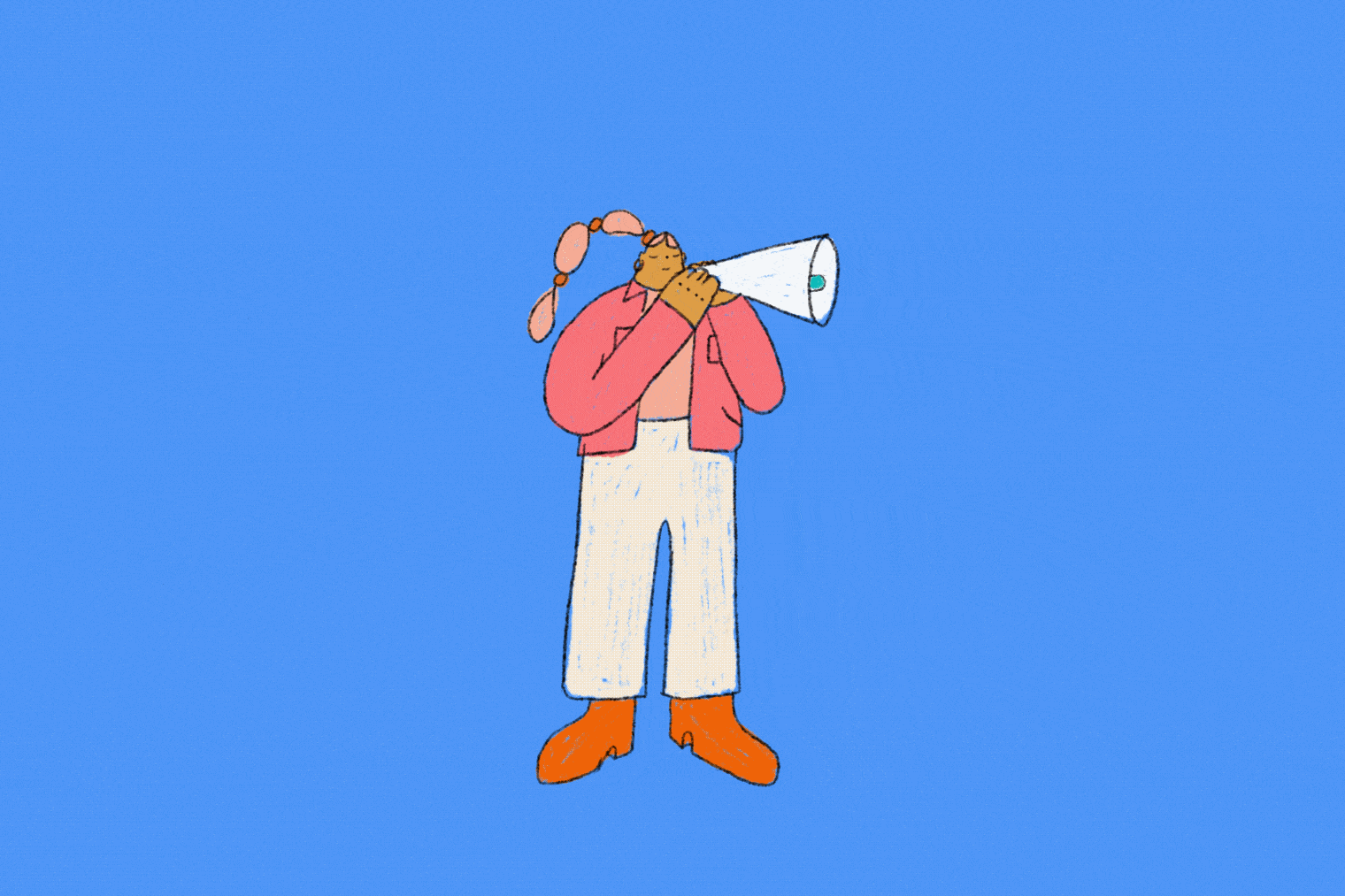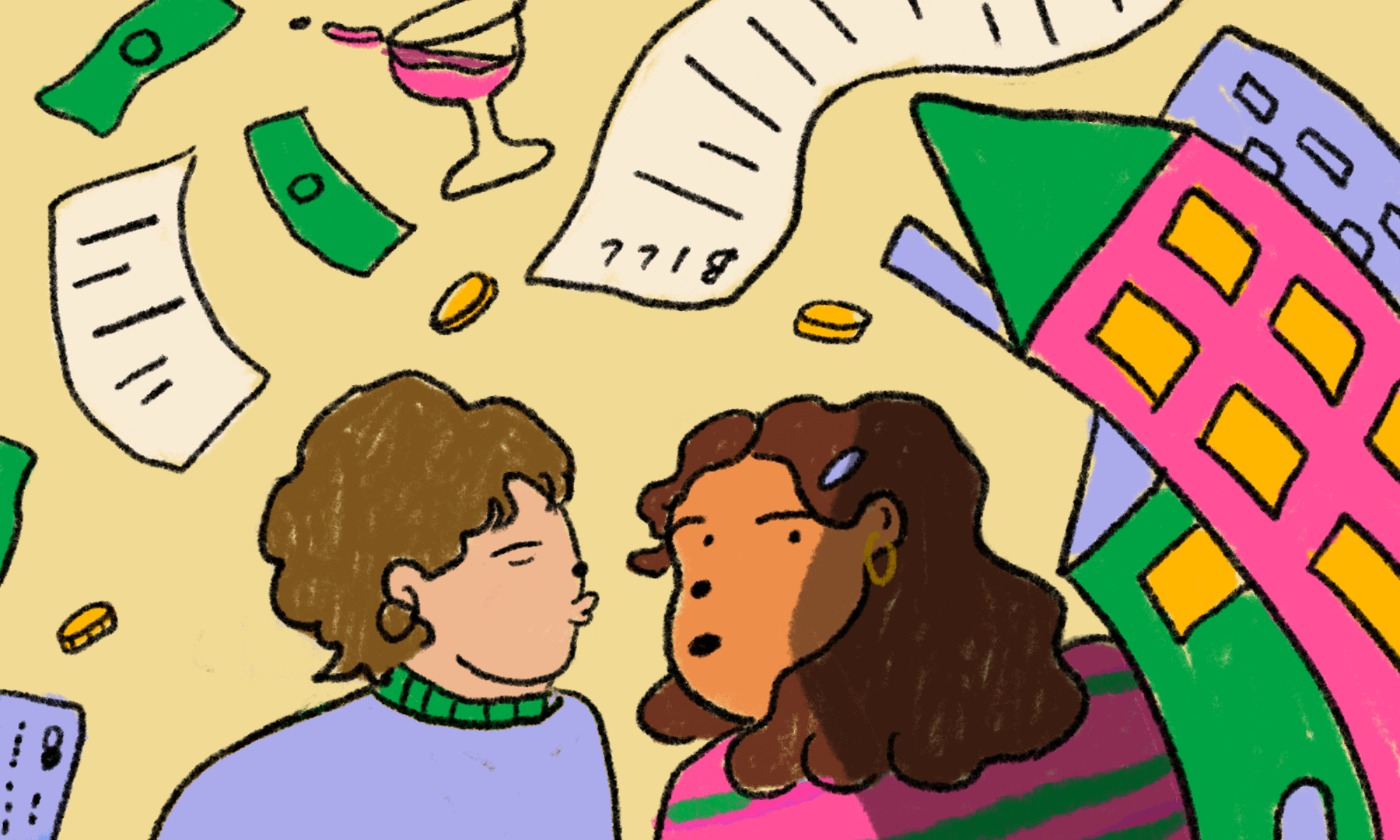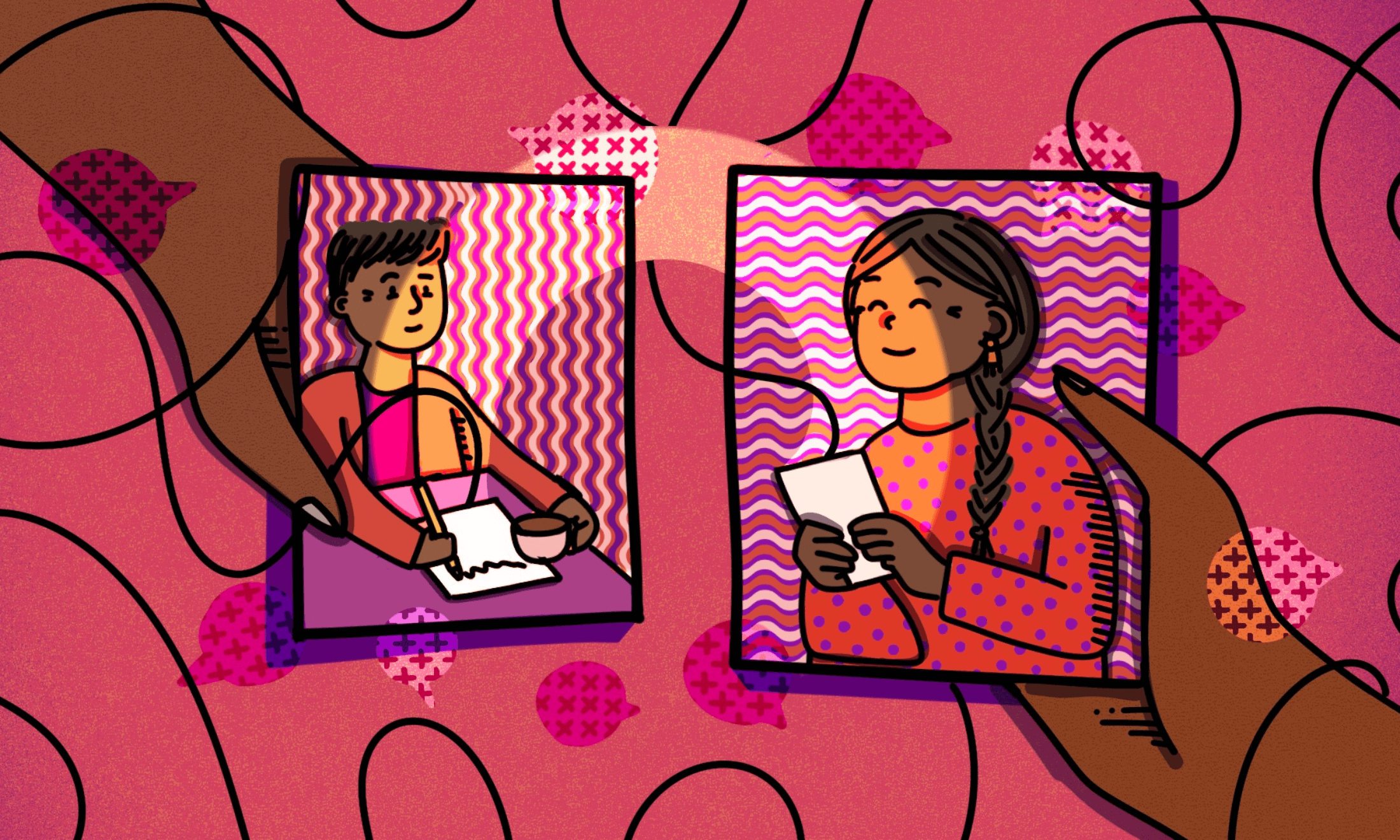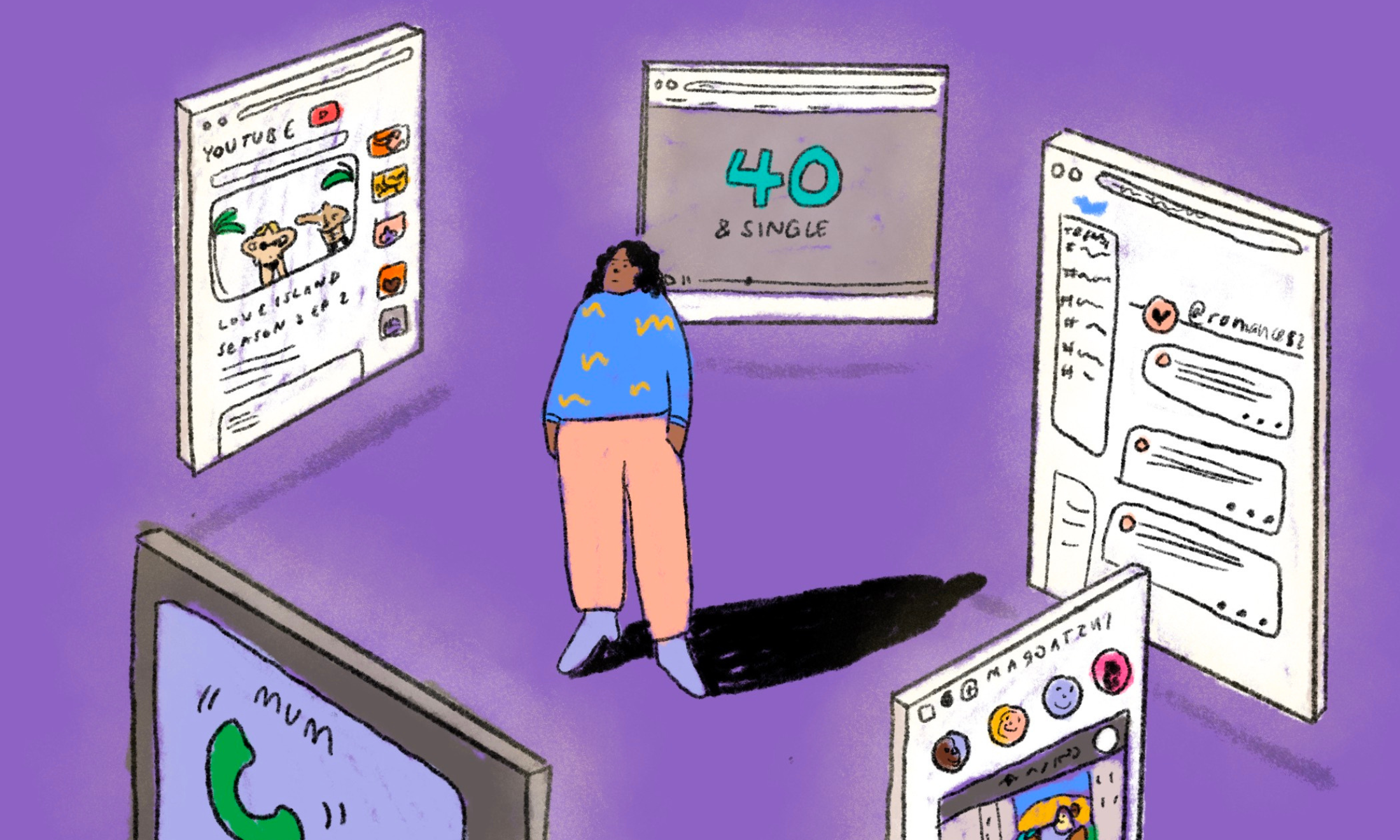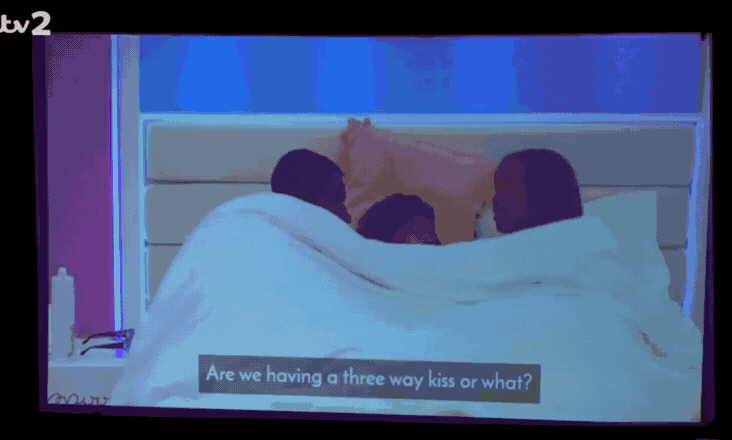
via ITV2
Is ‘blonde and blue eyes’ just code for ‘white’ on Love Island?
As the new season begins, I’m wondering if discussing 'types' actively reinforces unconscious racism.
DiyoraShadijanova and Editors
09 Jul 2021
This year I promised myself I’d avoid turning Love Island into Twitter discourse. I was ready to move past the show’s moral failings to live my life vicariously through hot people frolicking in the hot weather. I was also willing to shed the uncomfortable narratives around race and gender of yesteryear, to give way to a new cast who were simply down to fuck.
After an eternity of carnal deprivation in lockdown, many of us have evolved to survive in harsh climates, where merely a drop of sexual tension could sustain us for months – so truly, we (the audience) weren’t asking for much from the show. The bar was low.
And yet, after so many seasons to get things right, Love Island has once again evoked deeply uncomfortable emotions around displays of desire (or the lack of) towards women of colour. Sure, the contestants are more diverse and seem careful not to let their unconscious biases slip out explicitly after posting black squares on their Instagram grids last summer, but the coded language around ‘types’ is not doing the heavy lifting some of the cast may think it is.
“The coded language around ‘types’ is not doing the heavy lifting some of the cast may think it is”
More than ever, the men are really into “blonde girls with blue eyes”, and though this of course doesn’t include all white women, it does at times feel like a shorthand for ‘white’. Because let’s be honest, most women of colour (including me), won’t be born with naturally blonde hair or light eyes due to centuries of evolution and the way genetics work. So every time one of these men says how much they love “light features”, it feels like another impossible standard to exclude us with.
And it’s not a case of just dyeing your hair or wearing coloured eye contacts either. To put it into the words of my friend who texted me during the show the other night: “When Brad said he likes blondes, I doubt he meant my blonde box braids.”
What we’ve seen over and over again is that regardless of how gorgeous the women of colour on the show are (see: Kaz, Rachel, Sharon), and whether they ‘technically’ match supposed preferences for “dark features”, the men, after ‘trying their best’ to love these women, eventually end up with the same iterations of the Western beauty standard. And let’s not even go into the fact that “dark features” often seem to mean white people with brown hair??? Lol.
“The men, after ‘trying their best’ to love these women, eventually end up with the same iterations of the Western beauty standard”
Of course, no one should ever base their self-worth on what a man with a giant poppy tattoo on his back thinks, but it gets exhausting watching 10/10 women of colour fight for scraps of attention from men who won’t even look their way unless they need to save themselves from an elimination. Need I mention the weeks Kaz spent begging Toby for cuddles and him dropping his entire tongue into Chloe’s mouth in less than 24 hours?
These soft forms of rejection are ones many women of colour are familiar with. When Aaron told everyone he doesn’t like hairy arms on girls, I couldn’t help but think of all the years I spent waxing my entire body and feeling like a slippery dolphin just to be accepted by men like him. When Jake said he liked petite girls, repressed memories of wanting to make myself smaller and smaller cropped up. So every time one of the men goes on about blonde hair and blue eyes, I can’t help but momentarily transform into my less confident teenage self, who had been always sidelined for my white friends. And I’m saying this as someone who actively benefits from colourism as well as other identity privileges when dating.
“The least the producers can do is make all of the contestants that enter the villa feel desired”
I’ve spent years uncoupling from exclusive beauty standards and trying my best to decentre men’s opinions on my body. However, watching these hugely loaded dynamics play out on Love Island time and time again – regardless of how much I try to resist the narratives in my head – feels like taking a million steps backward in self-love and self-acceptance.
Yet it doesn’t need to be this way! Love Island may be a microcosm of dating trends in our wider society, but the producers can fix the desirability issues consistently presenting themselves on screen. They only have to look at shows like Netflix’s Too Hot To Handle to find entire casts where women of colour are not just desired – they’re actively sought out.
For now, we know these shows will continue to uphold colonialist beauty standards, excluding fat and disabled people, so looking to them to ‘change the narrative’ on dating is pointless. But the least the producers can do is make all of the contestants that enter the villa feel desired.
‘Types on paper’ mean absolutely nothing if they don’t exist in real life.

